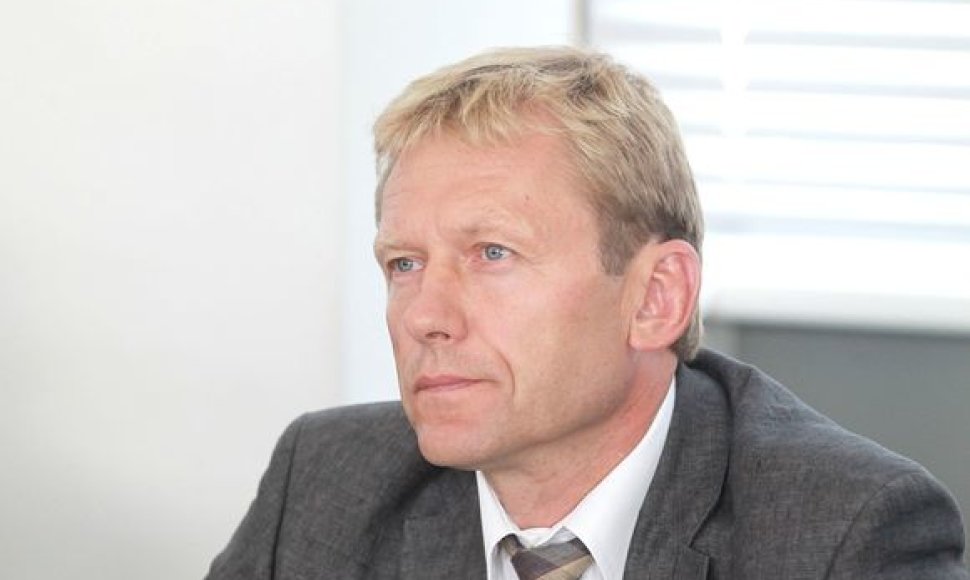The minister talked of the need to better defend authors' rights in the digital space. Members of the audience later called on Birutis not to restrict efforts to resolve the issue of authors' rights to the EU only as it was done during discussions on the Anti-Counterfeiting Trade Agreement (ACTA).
"As a socialist, I voted for the ACTA. I believe that you should take on the leadership role in this process," Spanish MEP Antonio Masip Hidalgo said after the Lithuanian minister's presentation.
In response to questions, Birutis reminded members of the committee that the ACTA "has failed to gain momentum." He told journalists after the meeting that existing efforts are aimed at regulating the protection of authors' rights on the European level.
"I am fairly convinced that we'll manage to finalize the authors' rights directive during our presidency and it will be adopted. It will really be great contribution but, as I said, it will be just the first step," the minister said.
"We must defend our European culture. I am in favor of global culture, we need to share what we've got, absorb other cultures and listen to all global cultures but the EU must defend European culture. As today we are experiencing rather substantial penetration from the US and other countries," the Lithuania culture minister said, adding that a French proposal to exclude unrestricted trade in audiovisual productions from the free trade agreement between the EU and US is "fairly acceptable."
"The process of modernization of authors' rights should not only defend the public interest to make use of all modern technological opportunities but should also defend copyright holders' interest in effective protection of their rights and the opportunity to get a fair reward, which would promote creativity and the development of creative industries," Birutis said.
Lithuania and another 21 European countries signed the ACTA last year but later stopped the ratification process.
Supporters of the anti-piracy pact say it will help to protect intellectual property. Meanwhile, its opponents, who held protests early last year, believe it will lead to restrictions of online freedom.












